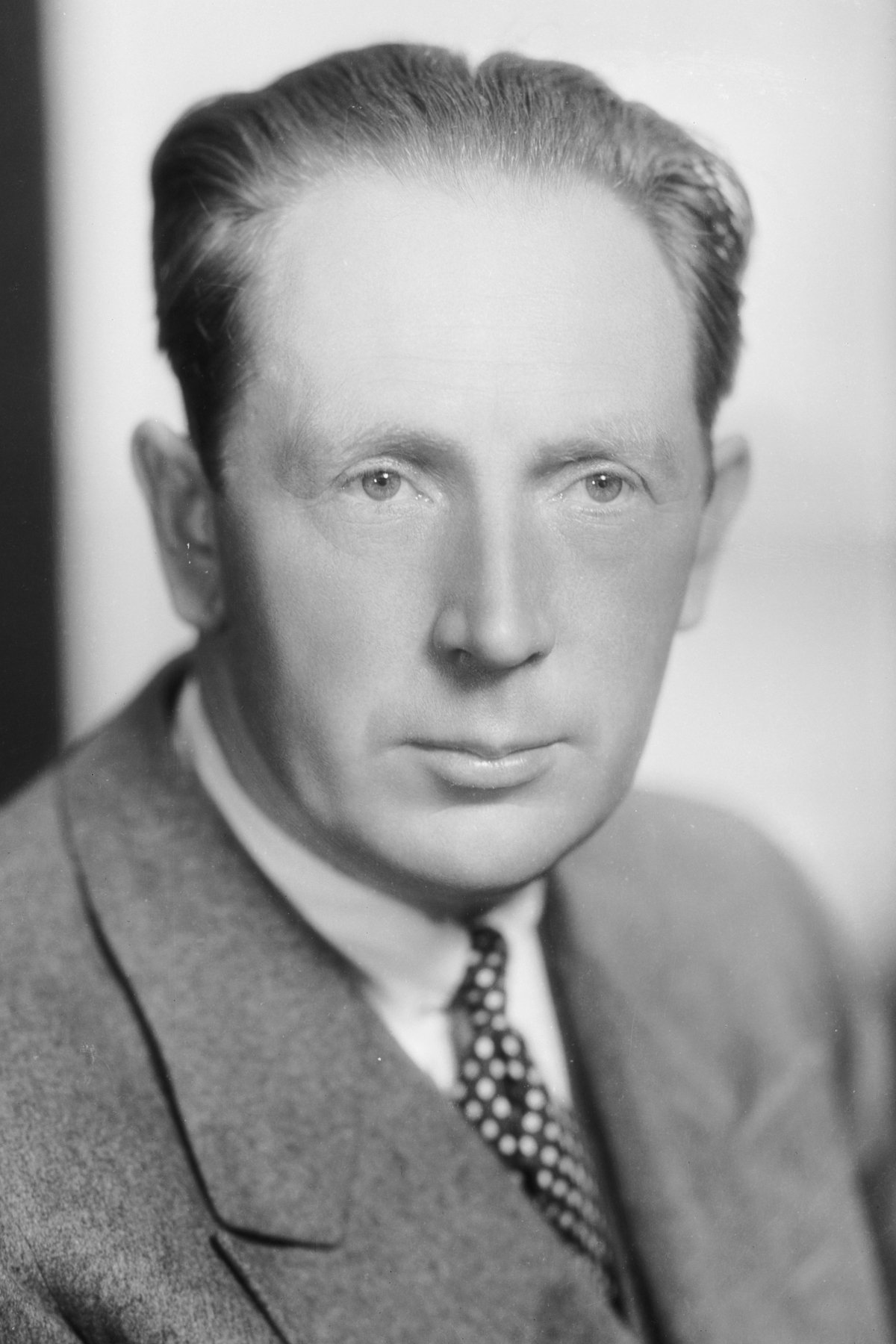
F. W. Murnau
Biography
Friedrich Wilhelm “F. W.” Murnau (December 28, 1888 – March 11, 1931) was one of the most influential German film directors of the silent era, and a prominent figure in the expressionist movement in German cinema during the 1920s. Although some of Murnau’s films have been lost, most still survive. While the horror film Nosferatu (1922) is his most famous work, the romantic melodrama Sunrise: A Song of Two Humans (1927) is his critically most acclaimed; the British Film Institute's 2012 Sight & Sound critics' poll named it the fifth-best film in the history of motion pictures. Murnau's characteristics are an atmospheric imagery and an innovative use of camera movement. Andrew Sarris in his influential book of film criticism The American Cinema: Directors and Directions 1929–1968 included him in the "pantheon" of the 14 greatest film directors who had worked in the United States.
Known For
Personal Info
Known For
Directing
Known Credits
33
Gender
Male
Birthday
1888-12-28 (136 years old)
Place of Birth
Bielefeld, North-Rhine-Westphalia, Germany
Acting
2008
Murnau, Borzage and Fox as Self (archive footage) (uncredited)2003
The Way to Murnau as Himself (archive footage)2002
Los 5 Faust de F. W. Murnau as Himself (archive footage)1928
The Movie City of Hollywood as Self1927
Sunrise: A Song of Two Humans as Dancer (uncredited)1924
The Film in the Film as SelfCrew
2016
Kitsune Thanks1998
Nosferatu: The First Vampire Director1940
Hunting in the South Seas Director1931
Tabu: A Story of the South Seas Producer1931
Tabu: A Story of the South Seas Director1931
Tabu: A Story of the South Seas Screenplay1930
City Girl Director1928
4 Devils Director1927
Sunrise: A Song of Two Humans Director1926
Faust Director1926
Tartuffe Director1924
The Last Laugh Director1924
The Finances of the Grand Duke Director1924
Comedy of the Heart Writer1923
The Expulsion Director1922
Nosferatu Director1922
Phantom Director1922
The Burning Soil Director1922
Marizza Director1921
Desire: The Tragedy of a Dancer Director1921
The Haunted Castle Director1921
Journey into the Night Director1920
The Head of Janus Director1920
The Hunchback and the Dancer Director1920
Satan Director1920
Evening – Night – Morning Director1919
The Boy in Blue Director

